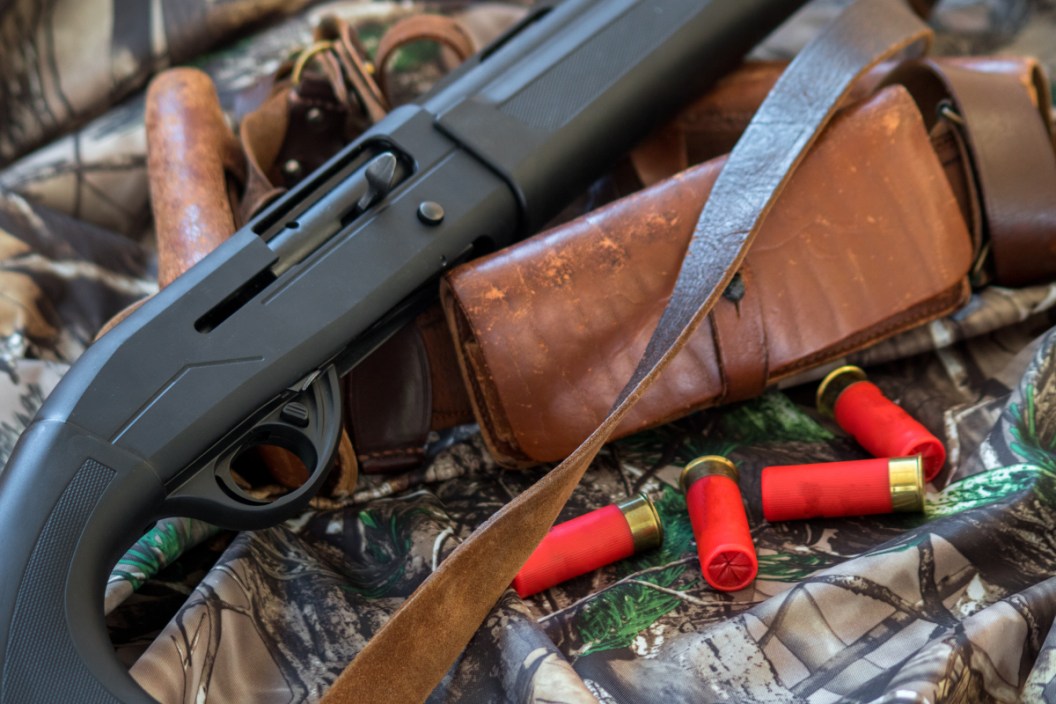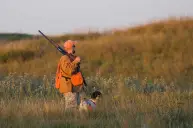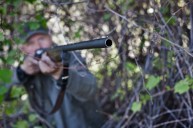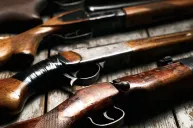When you're looking for a good shotgun you probably encounter the same question millions before you have. When it comes to whether to buy a 12-gauge or a 20-gauge, the best answer is, "It depends." It depends on your preferences. It depends on what you prefer to hunt. It depends on what kind of competitive shooting you may be interested in. It depends on how much recoil you're willing to endure over and over again. It really depends.
Let's take a look at some pros and cons of each and go from there.
12 Gauge
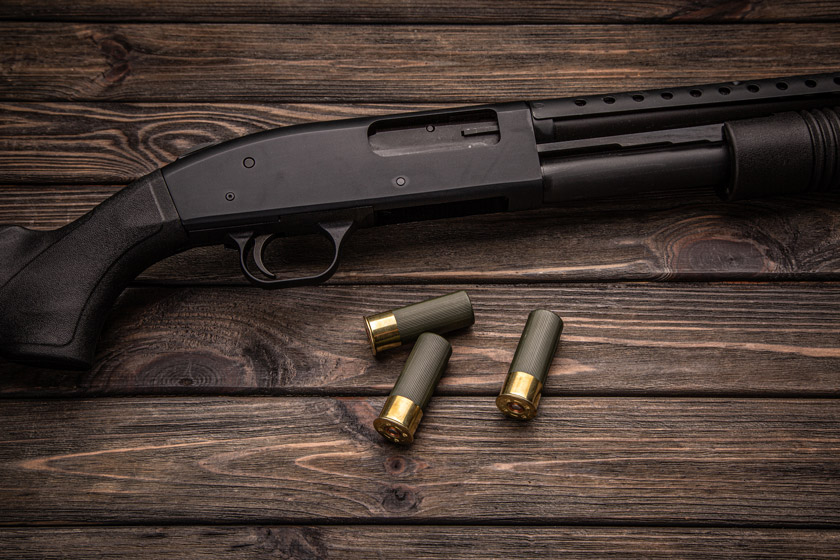
Getty: SolidMaks
I personally own a pump-action Mossberg 500 with a modified choke, and I like it a lot. I've used it for everything from turkey hunting to dove hunting to upland bird hunting. I also know several people who shoot a Remington 870 and like it a lot. It all depends how it feels to the individual.
I will always take my Mossberg 500 12-gauge turkey hunting rather than a 20-gauge. I prefer the larger shot size (No. 4) and heavier loads when hunting gobblers. Turkeys aren't moving at speeds that dove and ducks are, so you can get away with a heavier shot.
Several people will use 12-gauge loads for big-game hunting, as well. Your odds are certainly better at longer distances with a 12-gauge if you're using buckshot loads. Similarly, people will use a 12-gauge for small-game hunting like rabbits and squirrels. However, you risk ruining the meat of these small-game animals when hunting with a 12-gauge.
This day and age, a 12-gauge shotgun may be considered the more popular and widely used of the two, if nothing else because of its versatility. You can tackle just about any shotgun-appropriate task with a 12-gauge.
20 Gauge
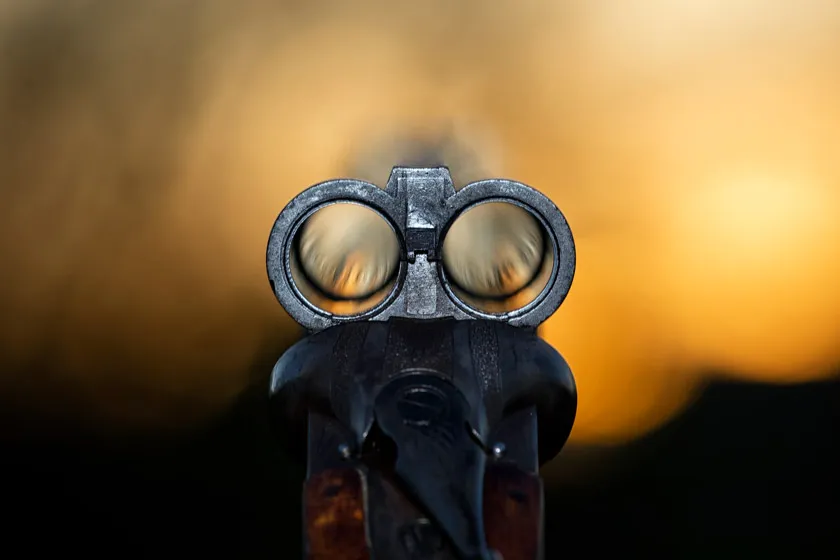
Getty: Zhanna Kavaliova
On the other hand, 20-gauges are great guns for young hunters or new hunters. They will experience less recoil and presumably be getting used to a lighter gun. The shotgun shells are slightly smaller, lighter and shoot a higher density, which is good when targeting faster birds.
I own a single-shot 20-gauge, and I like it for squirrel hunting and turkey hunting at closer ranges. Several hunters will still use a 20-gauge when hunting all the same game species mentioned above, but there's more room for error when you shoot a turkey with less lead or steel shot. Typically, hunters need to get wild game in to closer distances for a more ethical shot.
Additionally, 20-gauge shells are typically less expensive than 12-gauge shells. Many people prefer the 20-gauge when target shooting because of the recoil advantage. It doesn't bruise your shoulder as bad since its a lighter gauge load. No matter your preference, choosing the right shotgun ammunition and patterning your gun at different distances will make all the difference when you go hunting or target shooting.
Perhaps the arena in which 20-gauge shotguns shine the brightest, however, is in the uplands. No firearm has seen more action against grouse, pheasant, and quail than a double-barrel 20-gauge shotgun. There are countless reasons for its popularity among this narrow hunting niche, starting with its weight. Upland hunters don't have the luxury of sitting in a treestand or glassing from a mountain until they see their target. The only way to find upland birds is to put on an absurd number of miles, especially if you're hunting wild birds on public land. But rest assured, the significant difference in weight will make you feel like you're gliding alongside your determined gun dog.
The other major advantage of a 20-gauge during a bird hunt is the minimal damage on your birds. If you hit a quail within 10 yards with a 7 1/2-shot 12-gauge load, you won't likely be left with much to bring back to the kitchen. Upland hunts epitomize the quality-over-quantity principle, so the last thing you want to do is sacrifice the fruits of your labor with an excessive amount of firepower.
Find a place where you can test some out, or consult with a friend who owns a shotgun chambered in each gauge to help make a decision based on your experience. You wouldn't buy a car without test driving it, so why do so many people buy guns without shooting them first?
Like what you see here? Read more hunting articles by Nathan Unger at whitetailguruhunting.com. Nathan is also the host of the Whitetail Guru Hunting Podcast.
